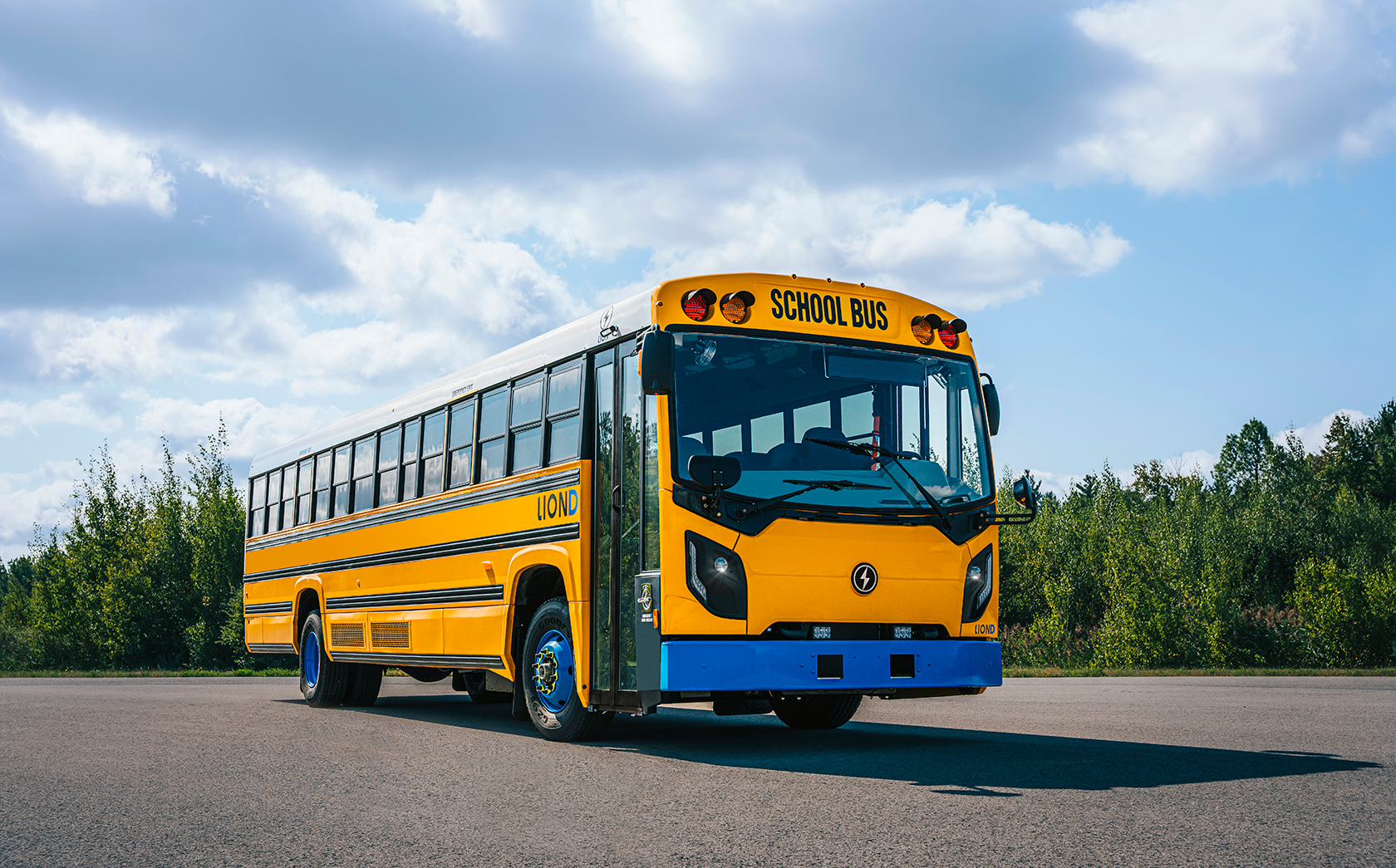
"The five-year program, designed to reduce emissions in school transport and accelerate the adoption of zero-emission buses, is facing disruptions linked to federal funding delays and industrial setbacks, Axios points out. As widely known, Lion Electric, a key manufacturer supplying the program, declared bankruptcy and closed its Illinois factory in late 2024. This development has created bottlenecks in the delivery of electric buses, while ongoing maintenance and operational support for existing vehicles are increasingly uncertain."
"The consequences of these setbacks extend beyond individual districts. According again to Axios, the interruption of the supply chain not only delays environmental targets but also raises questions about the industrial robustness of the U.S. electric bus market. The inability to scale production at key facilities has highlighted the dependence of municipal fleets on a small number of specialized suppliers."
"Based on data from WRI's Electric School Bus Initiative, "There are nearly 14,000 committed electric school buses in the U.S. - meaning they're funded, ordered or delivered - including 5,300 already on the road. However, that momentum died in 2025, with 13,931 committed e-buses, only 73 more than in 2024"."
A five-year U.S. program to replace diesel school buses with electric vehicles has been disrupted by federal funding delays and industrial setbacks. A major supplier, Lion Electric, declared bankruptcy and closed its Illinois factory in late 2024, creating delivery bottlenecks and raising maintenance and operational support concerns for existing vehicles. About $2.3 billion of the EPA's $5 billion Clean School Bus program remains unspent. Nearly 14,000 electric school buses are committed nationally, including roughly 5,300 already in service, but commitments increased by only 73 in 2025. School districts are reviewing contracts, budgets, and fleet plans and are considering temporary returns to diesel.
Read at Sustainable Bus
Unable to calculate read time
Collection
[
|
...
]